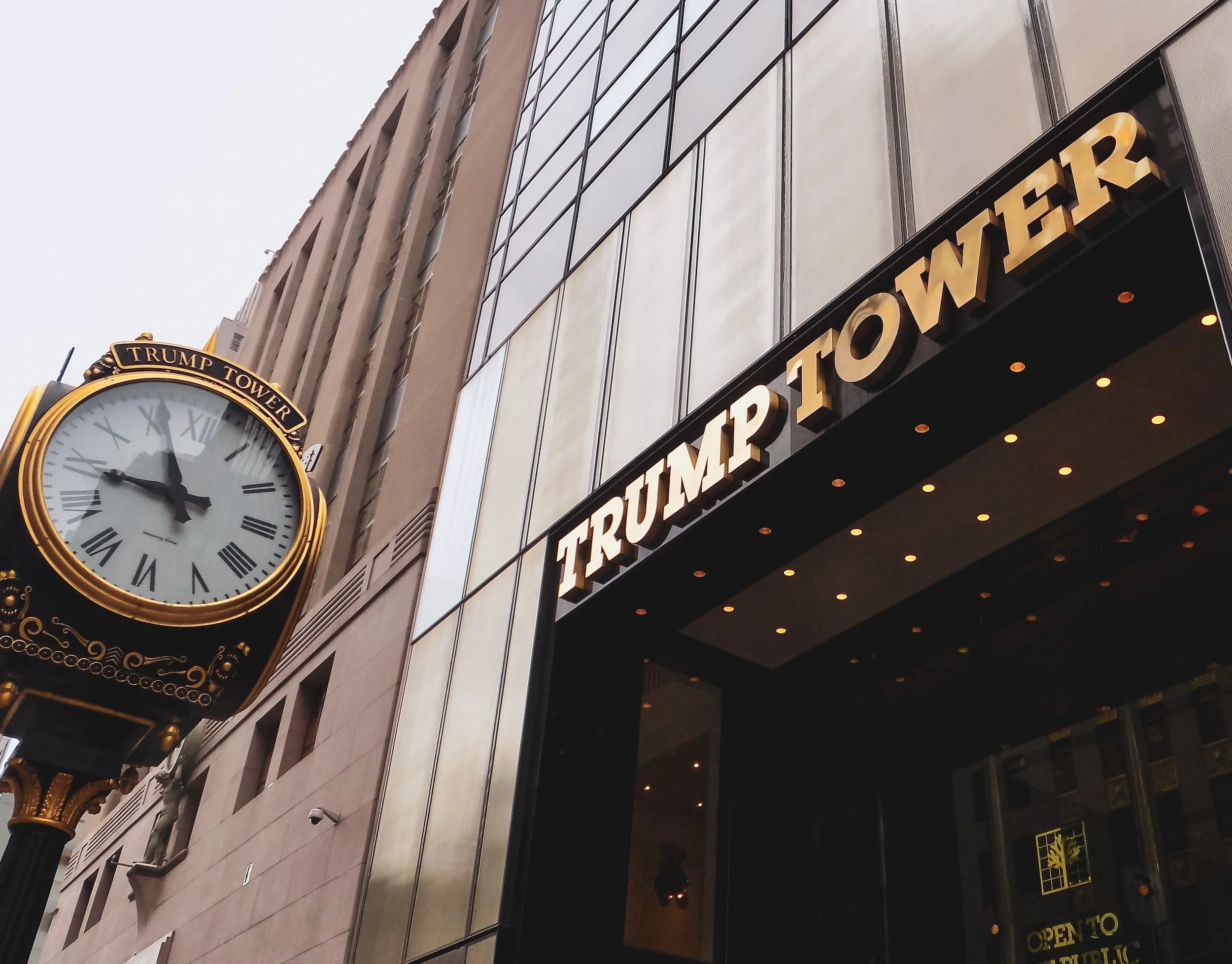The Consequence of Spiraling Debt and Protectionism - The Trump Recession
The United States has managed debt before and sought to protect its industries. Never before has the U.S. faced the scenario of managing the combination of the greatest debt in its history and the highest tariffs in its history. This combination is setting the U.S. economy of a runaway train on a one-way track to recession. How deep this recession will go and for how long will depend upon how quickly our legislature and executive branch can act to undo an economy policy based on impulse and political expediency.
It is too easy to just blame Donald Trump. Congress and the business community are complicit in perpetuating an economic policy that can be summed up as a ‘policy of chaos.’ The statement that “trade wars are good and easy to win” is shockingly ignorant of history and sound economics. There are seldom any winners in a trade war and protectionist policies are seldom good.
History can be a good teacher. Protectionism did not cause the Great Depression, but the passage of the Smoot-Hawley Tariff Act exasperated the plight of millions and plunged the world into economic chaos that set the world on a path towards World War II. All of us should be concerned about this deadly duo of debt and protectionism
Why is the combination ‘deadly?’
This combination of debt and tariffs will be difficult to fix in a time of recession. It will take an influx of cash to stimulate the economy, which means the government will face hard choices. Interest rates are already low. And, it is a time when the government must still address fixing an eroding infrastructure from roads to power grids. The balancing act will test the most adept of us – and adept is not an adjective associated with Congress and the Executive branches. Regardless, the challenge is reducing debt while stimulating the economy and fixing the infrastructure.
Tariffs are at an all-time high in the United States. Tariffs often lead to inflation – prices for commodity goods will go up. The trade war with China takes much of the world’s second largest economy off the board for U.S. companies and producers. And, the market abhors a vacuum. While I do not share those who claim that farmers and other U.S. producers have ‘lost’’ the Chinese market; it does mean that other producers from the world will step into the demand created by excluding U.S. producers – and the U.S. will pay a price to reenter that market.
Uncontrolled debt, non-strategic tariffs and the resulting trade war, and the lack of a cohesive economic policy already puts the U.S. and the world on the road to recession. Adding to the mix is the U.S. spurning traditional allies and markets for those of totalitarian regimes and smaller markets only adds to the complexity and uncertainty of the upcoming recession.
What must we do? Check out my next blog next week

